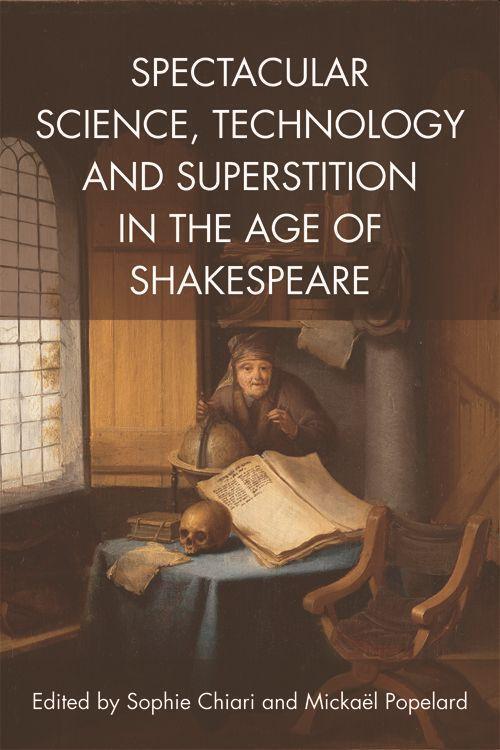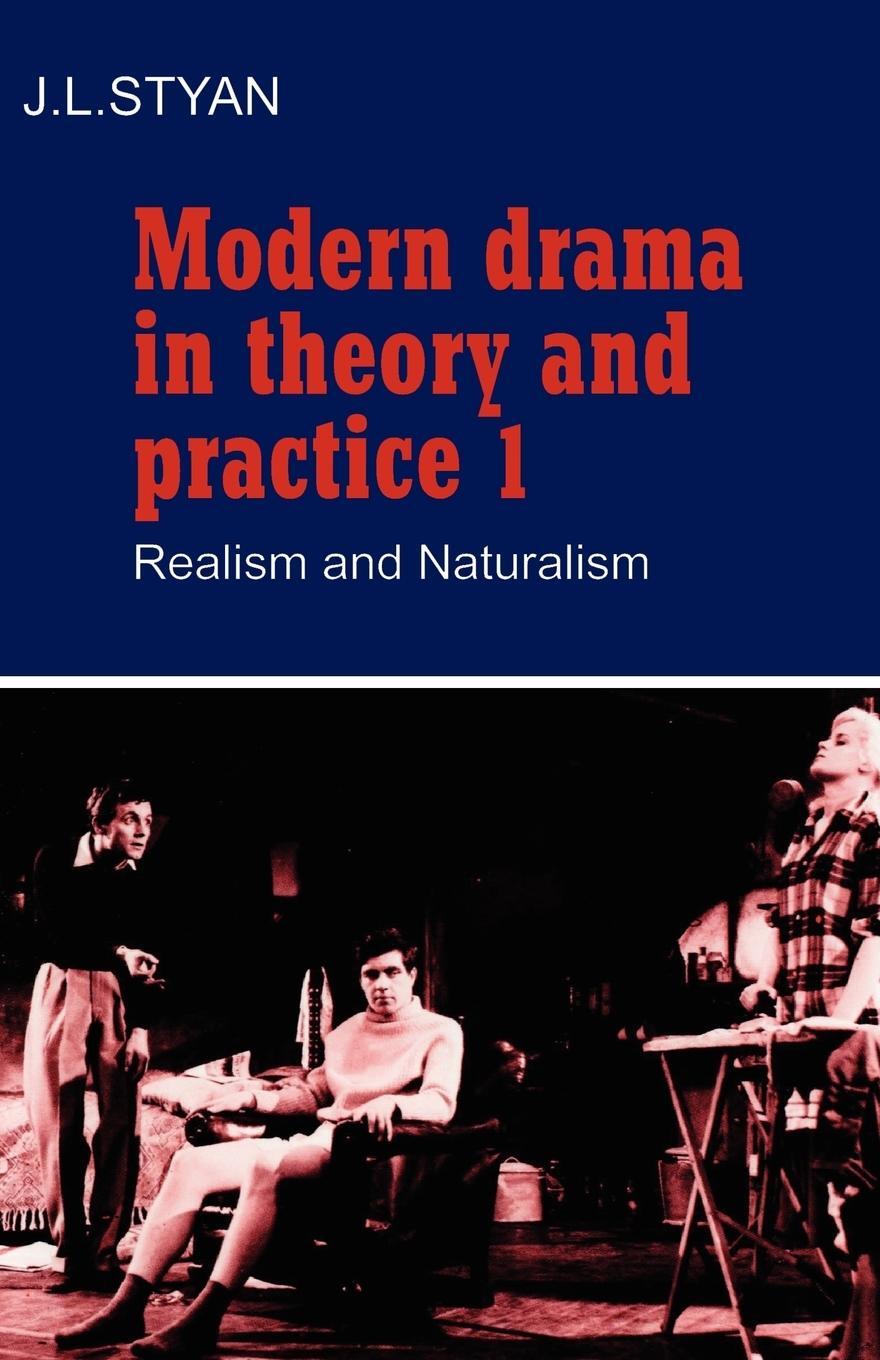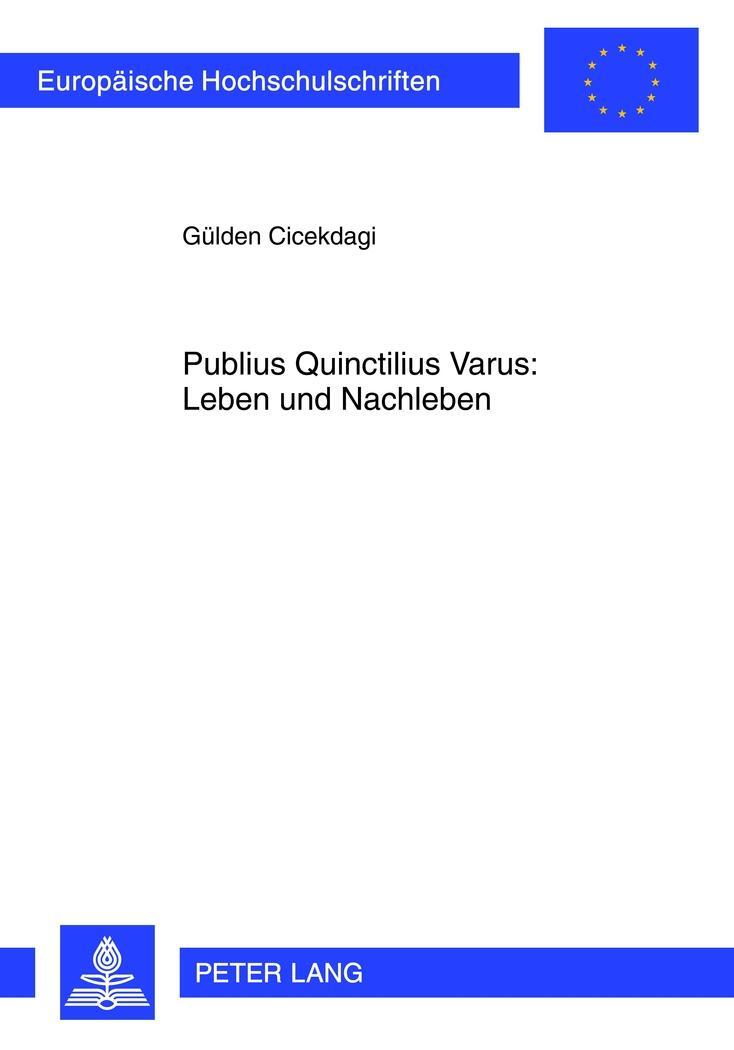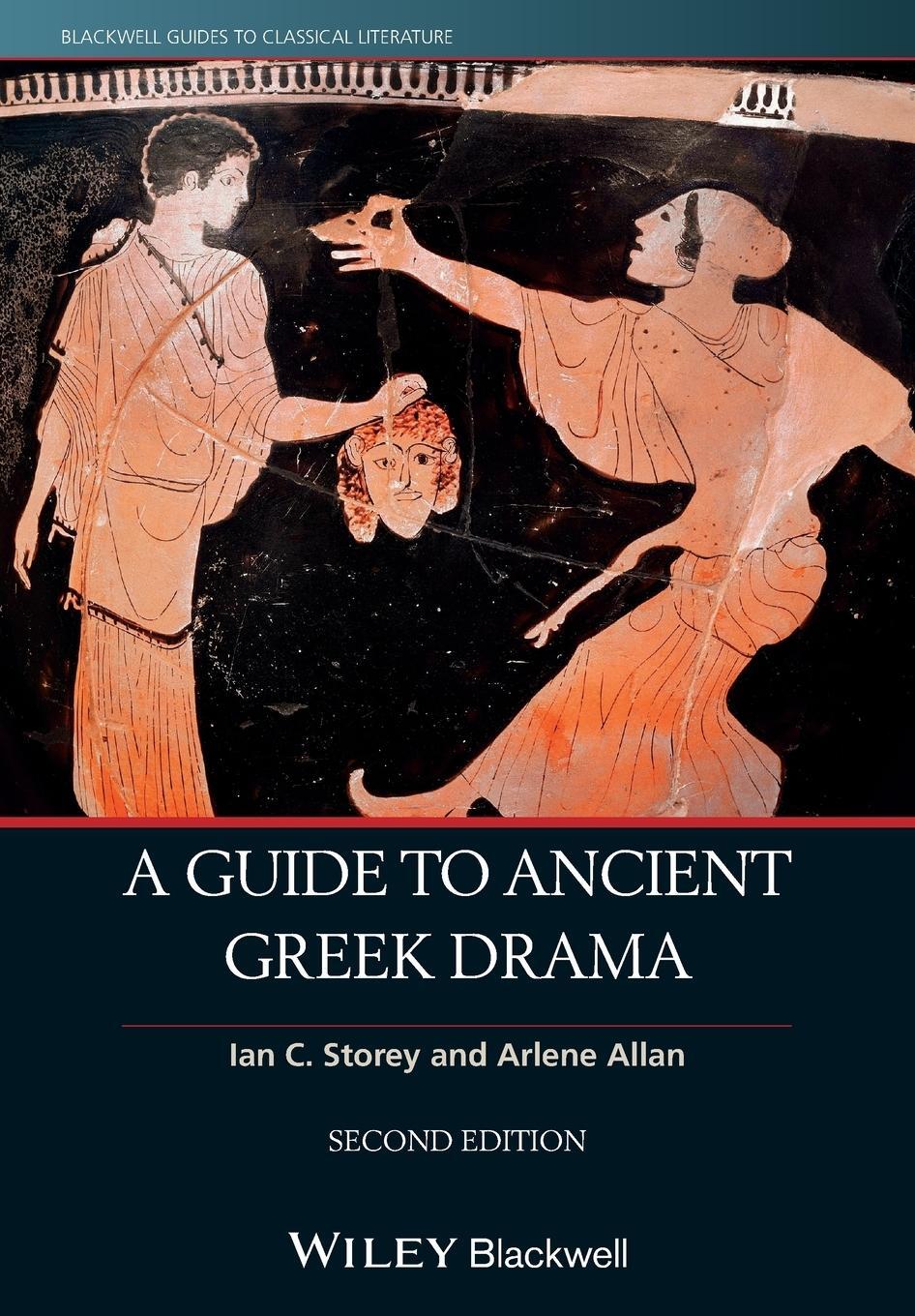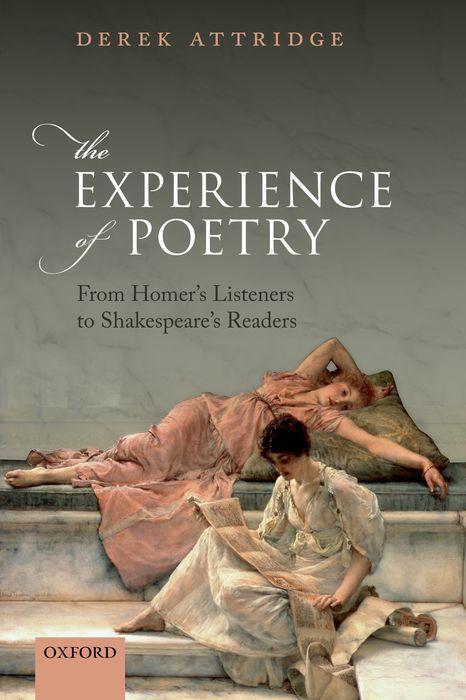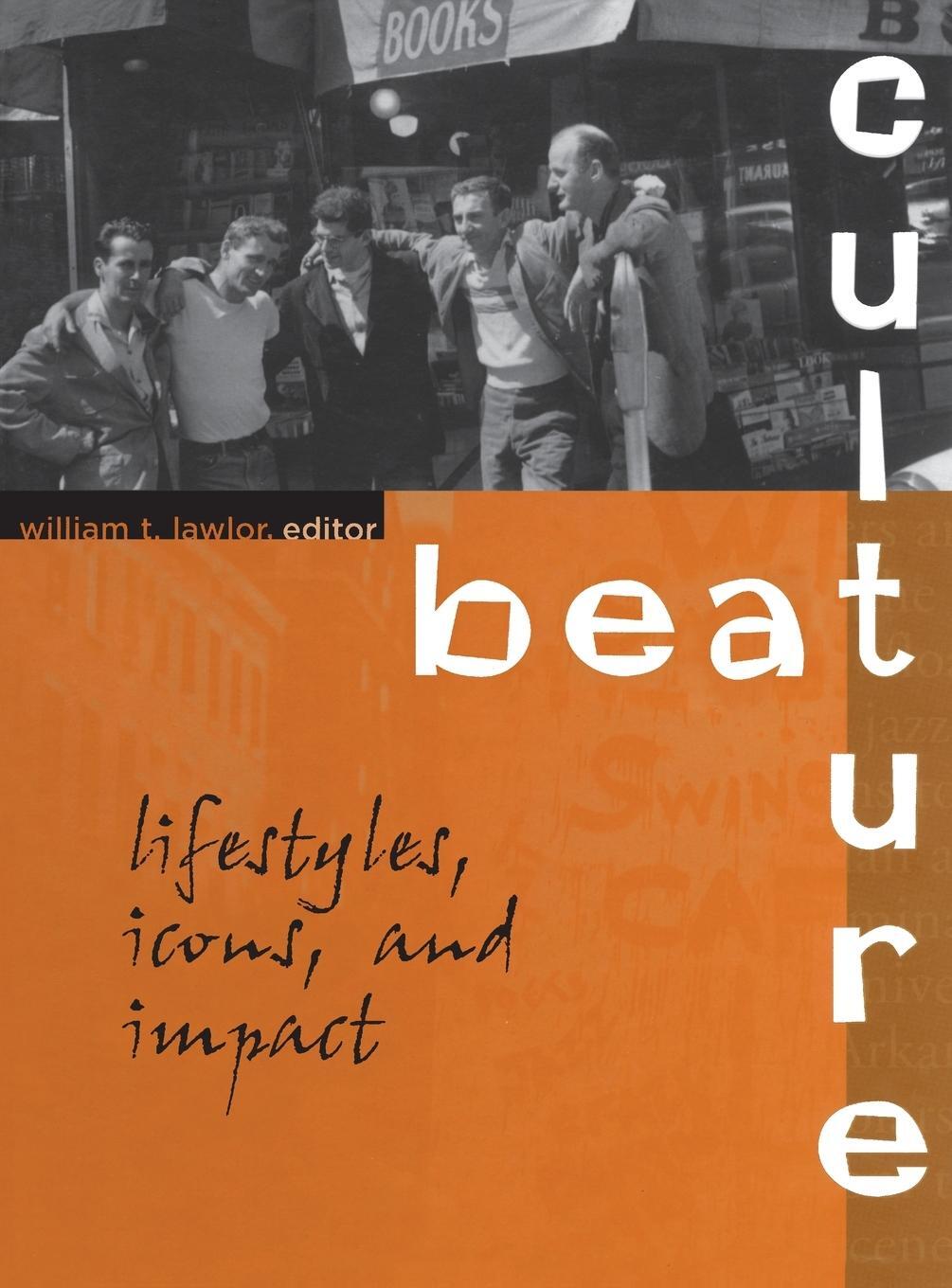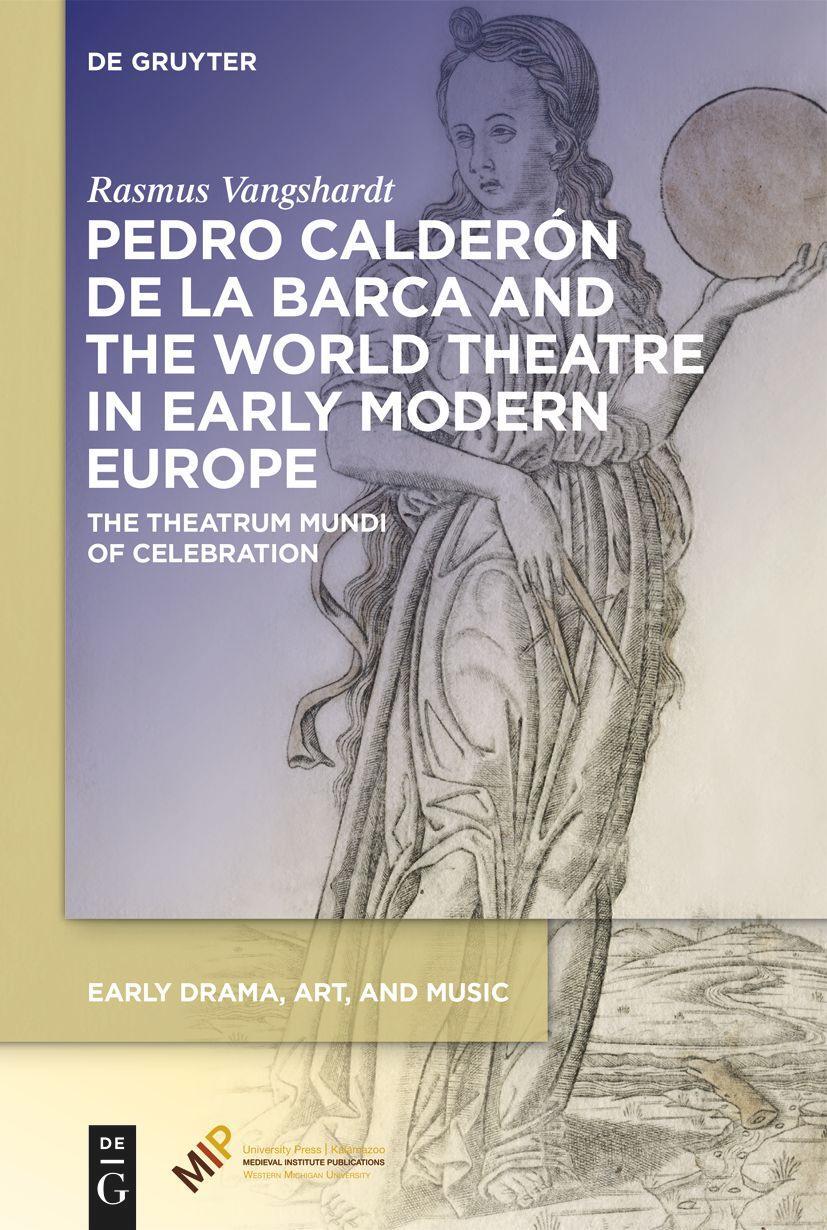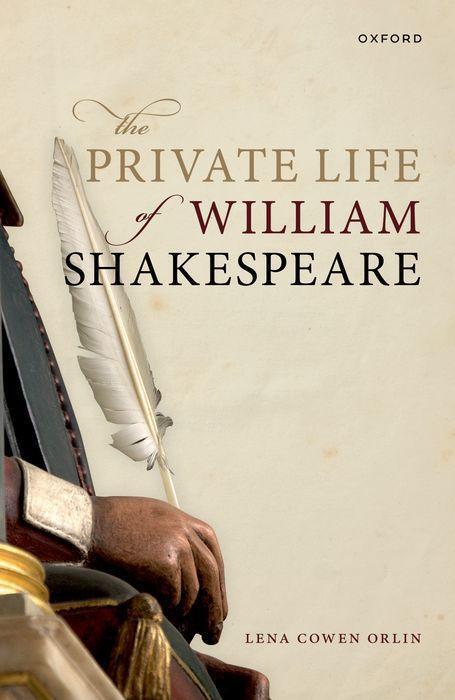37,25 €*
Versandkostenfrei per Post / DHL
Lieferzeit 1-2 Wochen
Stephen Orgel, Professor of English at Stanford University
Explores the interaction between science, literature and spectacle in Shakespeare's era
To the readers who ask themselves 'What is science?', this volume provides an answer from an early modern perspective, whereby science included such various intellectual pursuits as history, poetry, occultism and philosophy. By exploring particular aspects of Shakespearean drama, this collection illustrates how literature and science were inextricably linked in the early modern period. In order to bridge the gap between Renaissance literature and early modern science, the essays collected here focus on a complex intellectual territory situated at the point of juncture between humanism, natural magic and craftsmanship. It is argued that science and literature constantly interacted, thus revealing that what we now call 'literature' and what we choose to describe as 'science' were not clear-cut categories in Shakespeare's days but rather a part of common intellectual territory.
Sophie Chiari is Professor of Early Modern English Literature at Clermont Auvergne University, France. She has written several books and articles on Shakespeare and his contemporaries. Her most recent publication is As You Like It: Shakespeare's Comedy of Liberty (2016).
Mickaël Popelard is Senior Lecturer in English studies at the University of Caen- Normandie, France. He has written several articles on Shakespeare and Bacon, as well as a book on the figure of the scientist in Shakespeare's The Tempest and Marlowe's Doctor Faustus (Rêves de puissance et ruine de l'âme: la figure du savant chez Shakespeare et Marlowe, 2010).
Cover image: Un Savant dans son cabinet, avec leçon de vanité, Jacob van Spreeuwen, c. 1630 © Musée du Louvre/A. Dequier - M. Bard
Cover design:
[EUP logo]
[...]
ISBN 978-1-4744-2781-4
Barcode
Stephen Orgel, Professor of English at Stanford University
Explores the interaction between science, literature and spectacle in Shakespeare's era
To the readers who ask themselves 'What is science?', this volume provides an answer from an early modern perspective, whereby science included such various intellectual pursuits as history, poetry, occultism and philosophy. By exploring particular aspects of Shakespearean drama, this collection illustrates how literature and science were inextricably linked in the early modern period. In order to bridge the gap between Renaissance literature and early modern science, the essays collected here focus on a complex intellectual territory situated at the point of juncture between humanism, natural magic and craftsmanship. It is argued that science and literature constantly interacted, thus revealing that what we now call 'literature' and what we choose to describe as 'science' were not clear-cut categories in Shakespeare's days but rather a part of common intellectual territory.
Sophie Chiari is Professor of Early Modern English Literature at Clermont Auvergne University, France. She has written several books and articles on Shakespeare and his contemporaries. Her most recent publication is As You Like It: Shakespeare's Comedy of Liberty (2016).
Mickaël Popelard is Senior Lecturer in English studies at the University of Caen- Normandie, France. He has written several articles on Shakespeare and Bacon, as well as a book on the figure of the scientist in Shakespeare's The Tempest and Marlowe's Doctor Faustus (Rêves de puissance et ruine de l'âme: la figure du savant chez Shakespeare et Marlowe, 2010).
Cover image: Un Savant dans son cabinet, avec leçon de vanité, Jacob van Spreeuwen, c. 1630 © Musée du Louvre/A. Dequier - M. Bard
Cover design:
[EUP logo]
[...]
ISBN 978-1-4744-2781-4
Barcode
Sophie Chiari is Professor of Early Modern English Literature at Clermont Auvergne University, France. She has written several books and articles on Shakespeare and his contemporaries. Her recent publications include Shakespeare's Anatomy of Wit: Love's Labour's Lost (2014) and As You Like It: Shakespeare's Comedy of Liberty (2016). She also recently edited The Circulation of Knowledge in Early Modern English Literature (2015).
Mickaël Popelard is Senior Lecturer in English studies at the University of Caen- Normandie, France. He has written several articles on Shakespeare and Bacon, as well as a monograph on Francis Bacon (Francis Bacon: l'humaniste, le magicien, l'ingénieur, 2010) and a book on the figure of the scientist in Shakespeare's The Tempest and Marlowe's Doctor Faustus (Rêves de puissance et ruine de l'âme: la figure du savant chez Shakespeare et Marlowe, 2010).
| Erscheinungsjahr: | 2019 |
|---|---|
| Rubrik: | Literaturwissenschaft |
| Medium: | Taschenbuch |
| Seiten: | 280 |
| Inhalt: | Kartoniert / Broschiert |
| ISBN-13: | 9781474427821 |
| ISBN-10: | 1474427820 |
| Sprache: | Englisch |
| Einband: | Kartoniert / Broschiert |
| Autor: | CHIARI SOPHIE |
| Redaktion: |
Popelard, Mickael
Chiari, Sophie |
| Hersteller: | Edinburgh University Press |
| Maße: | 233 x 154 x 17 mm |
| Von/Mit: | Mickael Popelard (u. a.) |
| Erscheinungsdatum: | 28.02.2019 |
| Gewicht: | 0,456 kg |
Sophie Chiari is Professor of Early Modern English Literature at Clermont Auvergne University, France. She has written several books and articles on Shakespeare and his contemporaries. Her recent publications include Shakespeare's Anatomy of Wit: Love's Labour's Lost (2014) and As You Like It: Shakespeare's Comedy of Liberty (2016). She also recently edited The Circulation of Knowledge in Early Modern English Literature (2015).
Mickaël Popelard is Senior Lecturer in English studies at the University of Caen- Normandie, France. He has written several articles on Shakespeare and Bacon, as well as a monograph on Francis Bacon (Francis Bacon: l'humaniste, le magicien, l'ingénieur, 2010) and a book on the figure of the scientist in Shakespeare's The Tempest and Marlowe's Doctor Faustus (Rêves de puissance et ruine de l'âme: la figure du savant chez Shakespeare et Marlowe, 2010).
| Erscheinungsjahr: | 2019 |
|---|---|
| Rubrik: | Literaturwissenschaft |
| Medium: | Taschenbuch |
| Seiten: | 280 |
| Inhalt: | Kartoniert / Broschiert |
| ISBN-13: | 9781474427821 |
| ISBN-10: | 1474427820 |
| Sprache: | Englisch |
| Einband: | Kartoniert / Broschiert |
| Autor: | CHIARI SOPHIE |
| Redaktion: |
Popelard, Mickael
Chiari, Sophie |
| Hersteller: | Edinburgh University Press |
| Maße: | 233 x 154 x 17 mm |
| Von/Mit: | Mickael Popelard (u. a.) |
| Erscheinungsdatum: | 28.02.2019 |
| Gewicht: | 0,456 kg |

